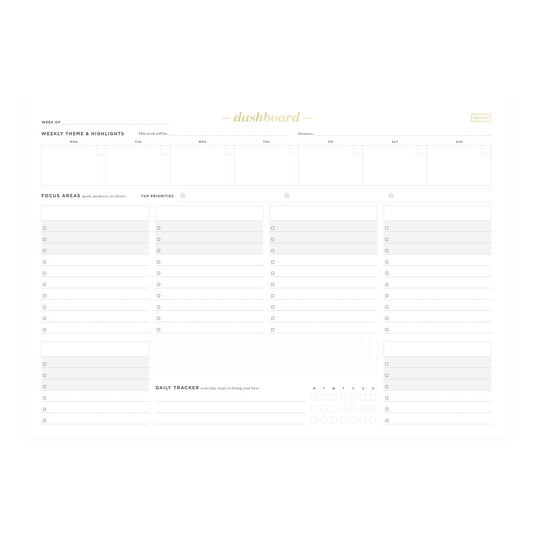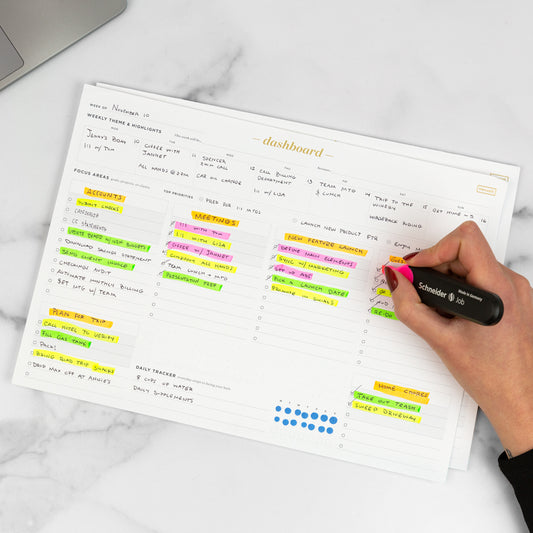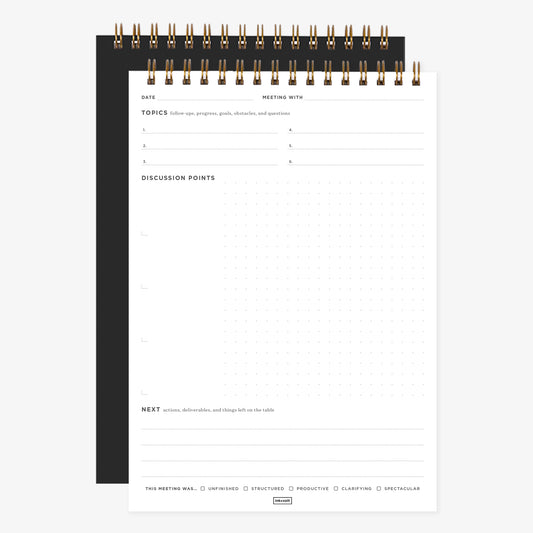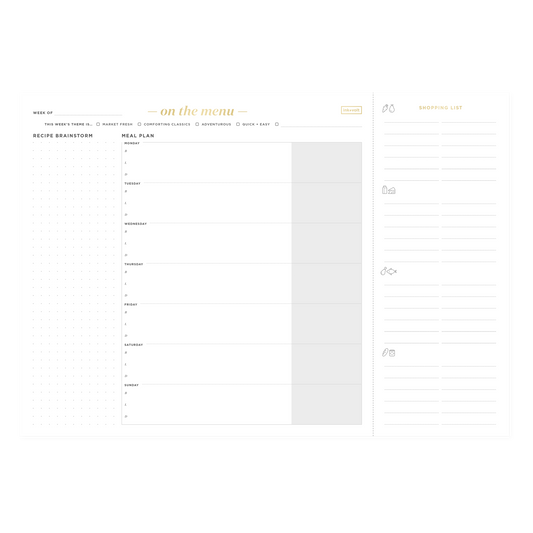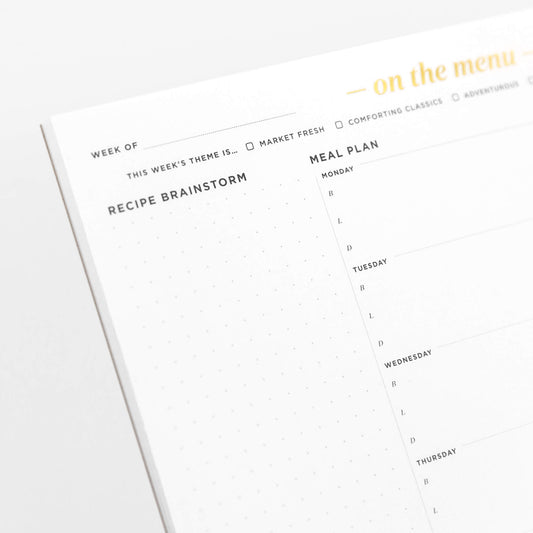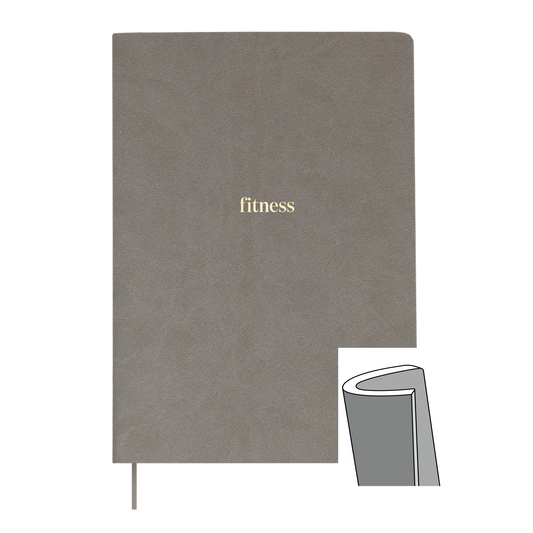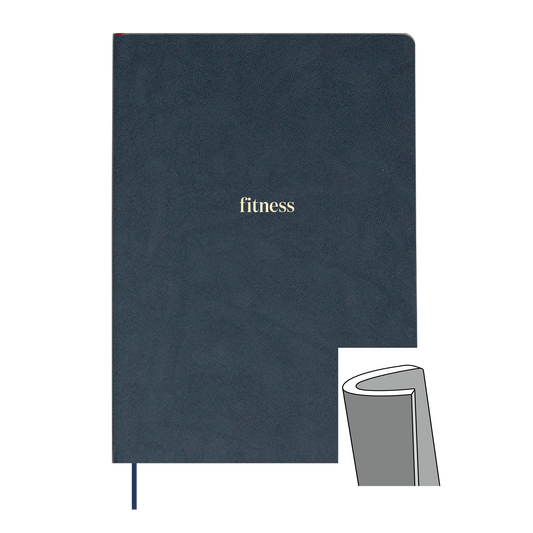Goals come in all shapes and sizes.
And surprisingly, the small ones are as significant and impactful as the big ones.
Small goals support big dreams. That’s why we built the 31 day challenge feature into our planner. Your habits are a big deal. They are the little things you do every single day, and the things you do every day end up mattering much more than the big steps you take.
Your habits reflect who you are as a person, your values, and priorities. And the desire to develop new habits or change old ones signifies growth and efforts to become a better, stronger you.
There are 9 more months in 2018. This post gives you 9 monthly challenges to tackle for the rest of this year, all focused on how you can develop good habits that will make you a more amazing version of yourself.
Mindy/Body Habits
1. Rise and shine
We have all heard that having a good bedtime routine will make the process of winding down and falling asleep so much easier. But have you thought about incorporating a wake-up routine as well? Why not try making getting out of bed feel good for a change?
Getting into this habit is beneficial because:
- You’re more productive during the day when you feel refreshed by sleep
- The body thrives on the rhythm and consistency
- You’re going to get more sleep and will be well rested
Turn it into a challenge: Getting to bed is hard especially when you’re taking care of other family members or have a partner with a different sleep cycle. But instead of collapsing into bed when the day is finally done, try to set aside even just 5 minutes for “me” time before you go to sleep. Make it a part of the day you look forward to – read a few pages from a book, listen to music you only play as the evening comes to an end, dim the lights, anything that will help you feel peaceful.
Then use a similar method to wake up; there are all sorts of wake up lights to make the process easier if natural sunlight isn’t available. Instead of an alarm, waking up to music or news on the radio can be a gentler way to bring you out of sleep.
- For the next 31 days I want to…establish a bedtime and wake up routine.
- I want to make this happen because…I feel groggy in the morning and have been hitting the snooze button too frequently, getting up later and later!
- My plan of action is…before bed, I’m going to turn on the classical station, grab my book, spritz lavender spray on my pillow, and stop using electronic devices. I’ll use the feature on my phone to remind me 45 minutes before 10PM that it’s time to start winding down. To wake up, I’ll set my alarm to play music 10 minutes before my actual alarm goes off.
2. Stretch, stretch, stretch
If you’ve been feeling tight and stiff, a little stretching (less than you’d think!) goes a long way. Stretching has physical benefits like improving circulation and range of motion/flexibility, reducing the risk of injury, and improving posture, but there are nonphysical benefits too. Just the act of stretching reduces mental tension and stress, and calms the mind by relaxing the nervous system.
It’s simple and you can do it anywhere – stretch your calves against the curb as you wait for the crosswalk light to change, or roll out your shoulders and wrists while reading email.
Turn it into a challenge: It’s best to stretch when you’re already warm, but if you have a foam roller or muscle roller stick, you could loosen up your muscles when they’re cold first thing in the morning or right before bed as a relaxation technique.
- For the next 31 days I want to…stretch and loosen up my body!
- I want to make this happen because…my lower back has been bothering me and my hip flexors are tight.
- My plan of action is…to use a foam roller on my legs and back before bed for 10 minutes each night and use the stretching rope at the gym after my workouts. I’ll keep a tennis ball at my desk so I can massage the soles of my feet, stretching them as I work every day!
Personal Growth Habits
3. Move aside self-doubt
Self-doubt can be paralyzing, holding you back from getting to the next level.
Sometimes you get in the habit of thinking “I can’t do that” or “I don’t think I can do that now.” What if instead you thought “I believe in myself” or “what if it went perfectly?” It could be something as small as running one more mile on your morning run or deciding to take the leap on a big dream.
Turn it into a challenge: In Nora Roberts’ book titled “The Gallaghers of Ardmore Trilogy” she writes “if you don’t go after what you want, you’ll never have it. If you don’t ask, the answer’s always no. If you don’t step forward, you’re always be in the same place.”
- For the next 31 days I want to…tell myself yes.
- I want to make this happen because…I don’t want fear to keep holding me back from trying new things.
- My plan of action is…when I notice I questioning my ability, I will journal about when it happened and why. Just for this month, I will say “yes” whenever I am given the chance to do something, even if it’s new or challenging.
4. Self advocacy
Being able to stand up and speak for yourself doesn’t come easily or naturally to everyone, but it’s an important skill to learn, practice, and embody. Rather than following blindly or agreeing to something you’re not quite comfortable with:
- Ask questions. Questions allow you to learn others perspectives and methods, and get clarification on your own work or ideas.
- Stand up for your ideas and voice your concerns. If you have an idea that you think is good, speak up about it to the people who have the power to make it happen. Don’t give up if you feel people aren’t hearing you; try to figure out why you aren’t being heard and rework your approach.
- Identify what you don’t know. It’s scary to admit you don’t know something, but doing the work to find answers will make you smarter and your work better. It is investing in yourself.
- Admit to a mistake. Owning up to an error shows character and nips misunderstandings in the bud.
- Ask those around you for feedback. Seeking constructive feedback gives you an opportunity to grow, and also shows your peers that you trust them and value their opinion, which helps grow your relationships.
Turn it into a challenge:
- For the next 31 days I want to…advocate for myself and what’s important to me.
- I want to make this happen because…I feel like no one at work is seeing me or my contributions.
- My plan of action is…to ask at least one person a week for feedback on something I’ve done, so I can improve my work and make it more visible to my teammates.
Healthy Relationship Habits
5. On time?
Arriving on time to your commitments is so important. Not only does it convey respect to those you’re meeting, but it also more efficient for you. When you arrive first or early, you’ll be less flustered and rushed. On top of that, you can take advantage of that bit of extra time to do a few little things on your to do list.
Turn it into a challenge: Technically, being on time is arriving 5-10 minutes early! Treat your time and others’ time as sacred. When you’re late, you are putting yourself and your needs over others. If you ever are running late, let the other person know as soon as possible so they aren’t stuck just waiting for you, wasting their time.
- For the next 31 days I want to…arrive 10 minutes early to any commitments I have.
- I want to make this happen because…I tend to always be running late and notice my meetings go better when I have a little prep time.
- My plan of action is…to budget 10 extra minutes to my departure time when traveling to a meeting. Rather than rushing to do that extra task before I head out the door, I will prioritize leaving on time and leave my other tasks for later.
6. Simple acts of sharing
Sharing is an easy way to connect with another person and become closer to them. By offering something you have to another person, you’re being considerate and thoughtful, showing you care about them and consider their needs/wants. As little kids, we’re taught to share, and as we get older (hopefully) the habit sticks. But sharing can be difficult for some; it means you have to open up to another person and be vulnerable.
Not only will you feel good sharing, you’ll make the other person feel good too. They’ll remember that. This good habit works in your favor in the long run too; when you do a favor for someone else, they tend to feel like they want to do a favor for you too!
Turn it into a challenge:
- For the next 31 days I want to…share more with those around me.
- I want to make this happen because…whether I share food, a thing, or information, I’m strengthening my relationships.
- My plan of action is…to find opportunities to share with someone at least 2 times a week. It could be picking up on someone’s frustrations and offering them a solution or the supplies they need to fix a problem, or offering to buy them a coffee.
7. A handwritten thank you
Saying thank you should be part of your everyday life, for things big and small. Handwriting a thank you, though, goes above and beyond. A handwritten thank you is seen by most people as a truly meaningful gesture that communicates respect and gratitude from you.
The benefits of handwritten thank yous brings satisfaction and feel-good vibes to both you and the recipient. It’s a thoughtful and personal way to recognize someone for something they did; they might not realize how much their actions impacted you. And you will feel good, reflecting on their kindness and sharing your gratitude with them.
Turn it into a challenge: Whether you hand-deliver a thank you or mail it, try to make someone’s day by sending them a sincere thank you.
- For the next 31 days I want to…write thank yous to people who have touched me in positive ways.
- I want to make this happen because…I want to make sure that the people who have helped me along the way know how much I appreciate them.
- My plan of action is…identify 4 people I want to thank and write a heartfelt thank you to each person.
8. “Before I react to that…”
Emotions make us human, but emotions also make us say and do things we might regret. Explosive or reactive responses to difficult situations make those situations even harder to resolve. How often do your reactions to challenges make the situation worse? Do you spend time doing damage control regularly?
Emotional reactions can also take place internally. When you sit at your desk fuming over a rude email or bad interaction with a coworker, that takes up your valuable time without getting you any closer to a resolution.
Turn it into a challenge: Rather than reacting right away to something or someone, especially when it’s through text or email, slow it down. Responding to texts and emails in the heat of the moment usually results in longer, harder conversations than would happen if you took a moment to re-read the message and think through your response.
- For the next 31 days I don’t want to…respond to frustrating or upsetting situations by email or text.
- I want to make this happen because…it’s easy to react and press send without thinking through the impact of my words.
- My plan of action is…the next time I’m confronted with a frustrating, upsetting, or angry experience, I won’t respond or follow up by text or email. Instead, I’ll wait, breathe, and put my phone or computer away. After some cooling off time has passed, I’ll reach out to the person to ask if we can meet and talk about the problem in person.
Habits for the World
9. Being resource conscious
Do you have a reusable water bottle? Have you found a way to cut down your shower time? Do you sort your trash and recyclables? Finding ways to reduce consumption of resources is not only good for you and your budget, but for your community and world.
Turn it into a challenge:
- For the next 31 days I want to…make my life and home greener.
- I want to make this happen because…it will have a positive impact on the planet and I’ll feel better about my consumption
- My plan of action is…to use my reusable water everyday and not buy any plastic water bottles. I will also locate an e-waste drive or drop off center to take my old and unused electronics to recycle (which will help clean up my office too!).
We hope at least one of these good habits resonated with you and you’re inspired to foster and nurture the small goals in your life. What habit are you going to build or revamp next? Let us know and send us an email to hello@inkandvolt.com or say hi on our Facebook page!


